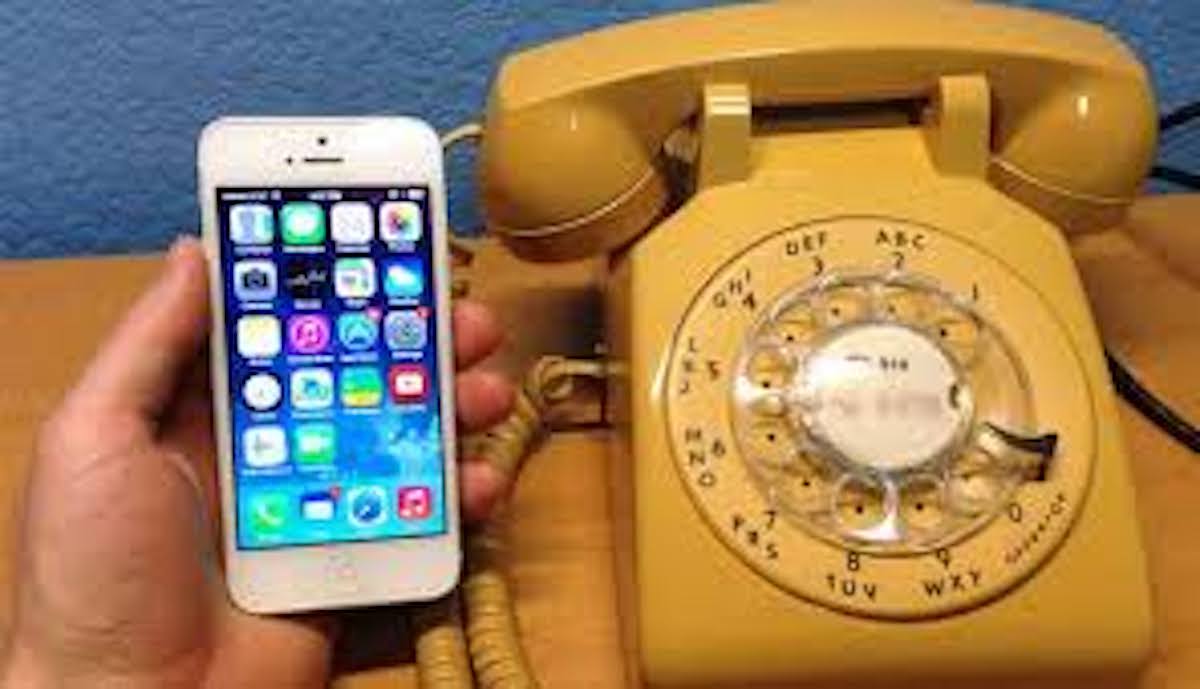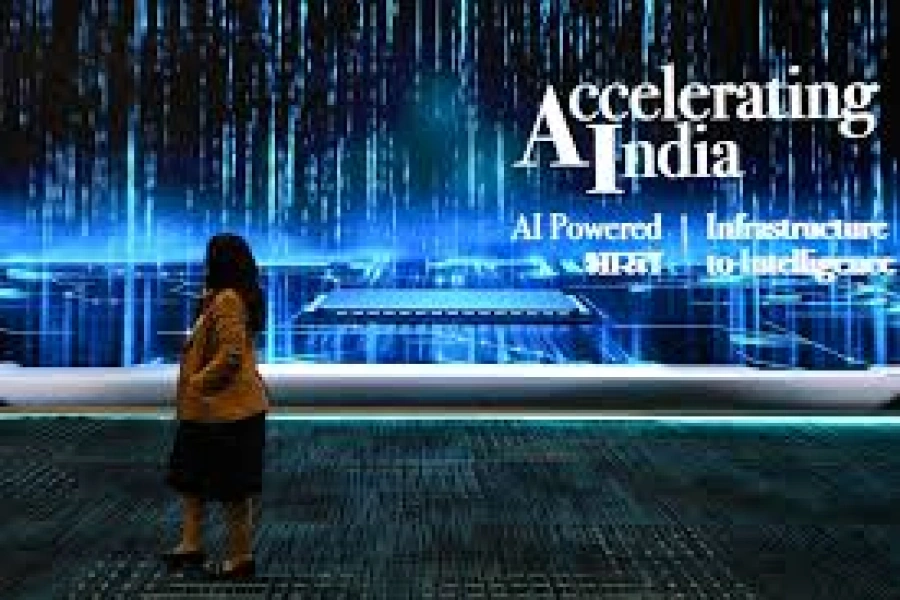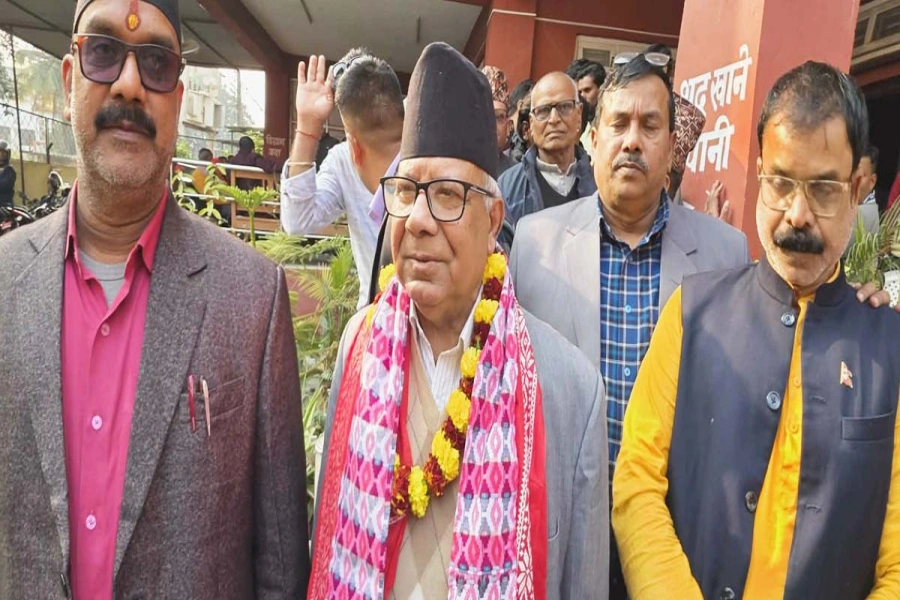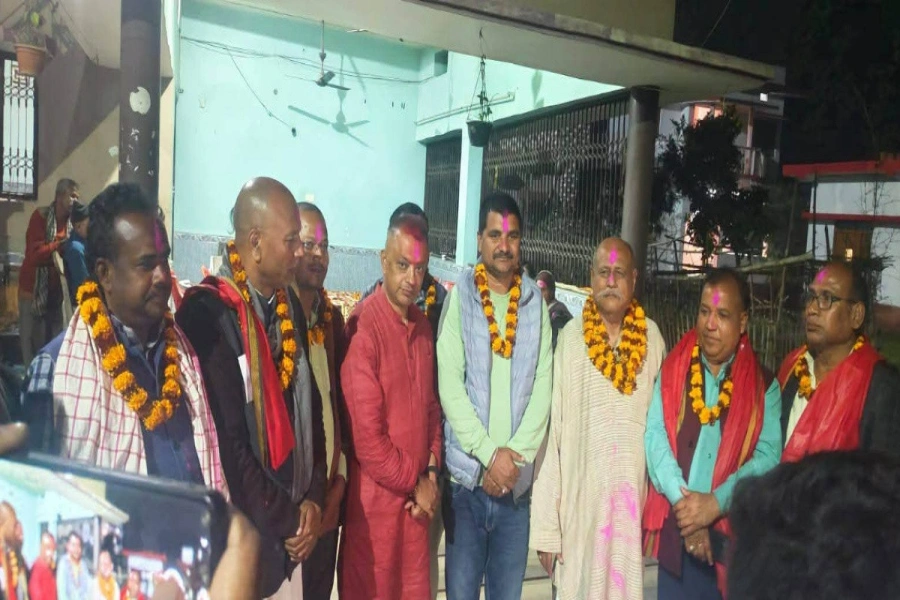Europe’s Day, a recurrence that is supposed to celebrate the ideals behind the European Union Project, is celebrated annually on the 9th of May.
Yes, the integration of European nations is a political project founded on principles and values that have been shaped by the blood and destruction of two world wars.
But the EU is more than a political organization.
This ambitious political process has become an identity as, along the years, step by step, millions of Europeans’ mindsets have been shaped by it.
Being and feeling Europeans, being part of an integrated continent has been probably the biggest achievement of the Old Continent.
Probably it has been one of the greatest achievements in modern history because it proves that nations that have been mortal enemies can come together and thrive together. Surely, this complex project did not lack detractors. Along the last fifty years there have been many who have questioned the relevance and importance of the EU.
These days there are even an increasing number of political parties across Europe that completely reject the foundational concepts of an integrated and united Europe. They stick to nationalism and to an unconditional love for their motherlands as if the project of the EU would negate the passion for their own countries.
Far from it, you can love your country while also loving Europe as these two are complementary to each other. Indeed our identities are complex and in the case of being Europeans, you can be both proud of your own town, region, and country while being passionate about the EU.
Landlines Aren’t Coming Back to Nepal—But Their Lesson Matters...

Certainly the EU is far from being perfect. It is still very much a work in progress. It is still seen as too remote and lacking some fundamental democratic aspects. In many ways it is true that the EU is still an imperfect institution from the democratic point of view.
There is the European Parliament that is a unique example of a transnational legislature that, over the years, has gained some real power and relevance even if it is still a weak institution that cannot initiate laws on its own. There is no doubt that the EU needs profound reform and such shifts would ultimately lead to a further level of integration.
I say this out of passion and love for the EU because I do believe in this project from the bottom of my heart. But I am also saying this out of necessity. With the United States becoming totally unpredictable, selfish and, as a consequence, no longer a reliable ally and with global powers like Russia and China moving in lockstep to challenge and counter the West, Europe lacks alternative options.
So there are no options. Even the Danish, probably the most lukewarm members of the EU and mostly out of convenience, suddenly started embracing Europe when President Trump started threatening to annex Greenland.
The EU, at the moment a hybrid institution, not just a regional bloc but not yet a nation state, must become more integrated and united. At the moment I see it as a prototype of a Confederation but it must advance very quickly towards becoming a full Confederation and something more.
To start with, the President of the European Commission should be directly elected by the citizens of the member nations. The overall number of the European Commissioners should be shrinking because it is no more practical to have one Commissioner nominated by each member nation.
The European Parliament should be given more power and the Council, the body that represents the capitals, should function as a higher chamber. The European Council that brings together the Heads of State and Governments should still remain as a body that provides strategic guidance. Member nations should lose their veto powers and further integrate their foreign affairs. And yes we should have a real EU Army.
Moreover, the names of all these institutions should change and should be made simpler and should look less overlapping from each other.
Yet no matter the urgency of the moment, no one is really thinking about structural reforms. I thought that the rise of the second Trump Administration would provide impetus to a new debate on structural reforms. The invasion of Ukraine by Russia forced the EU leaders to finally tackle the question of a stronger defense, an area with the least level of regional integration.
Many steps that just five years ago would have been unthinkable have been taken in this area but there is still so much Europeans can do to further integrate their defenses in a way that the EU can truly become a geopolitical power.
But so far, no matter the threat of President Trump and his Vice President JD Vance, no one is daring to talk about more integration and this is shocking to me. How can we talk about admitting new members when the foundations of the house are not at all designed to have so many millions of citizens?
To a reader based in South Asia, such discussions might feel too abstract and remote. After all, Europe is too far and its complex political dynamics are hard to understand. It is easier to talk about Europe in terms of Schengen, one of its biggest achievements.
But we need to contextualize Schengen and the open borders policy as a political decision of the highest levels, a decision that happened in the framework of a precise political project of regional integration.
The EU is proud of its principled policies and values and I do believe that the EU is still a positive player in the global stage even if oftentimes we deserve to be called hypocrite.
As I said at the beginning, we are far from being perfect.
But there is one more reason that the citizens of South Asia should look to Europe with at least some curiosity and interest. The reason is that, ultimately, the EU is a peace building project and that’s why I found it deserving of winning a Nobel Peace Prize in 2012.
As Pakistan and India are, potentially, on the verge of a major conflict, it is important to remember that France and Germany have been enemies for centuries and that the 2nd World War, whose 80th anniversary of Victory Day was celebrated last week, was real and millions and millions of people had died.
Over World War-II nations and peoples were pitted against each other. On May 8 1945 when Victory Day was proclaimed, no one would have imagined the level of development that Europe would have achieved in a few decades.
It has not been an easy journey and there are many challenges ahead for Europe but for the citizens of India and Pakistan and for the other millions of South Asians, it is important to remember that a different future is possible.
They should dare to imagine a different scenario, a different environment where Pakistan and India are best friends and best partners like France and Germany managed to do after World War Two.
In this exercise of imagination, other nations and their citizens in the South Asian region would proudly become part of a newer but not less important project of regional integration. Because a more united South Asia can do a lot and count on it.






































